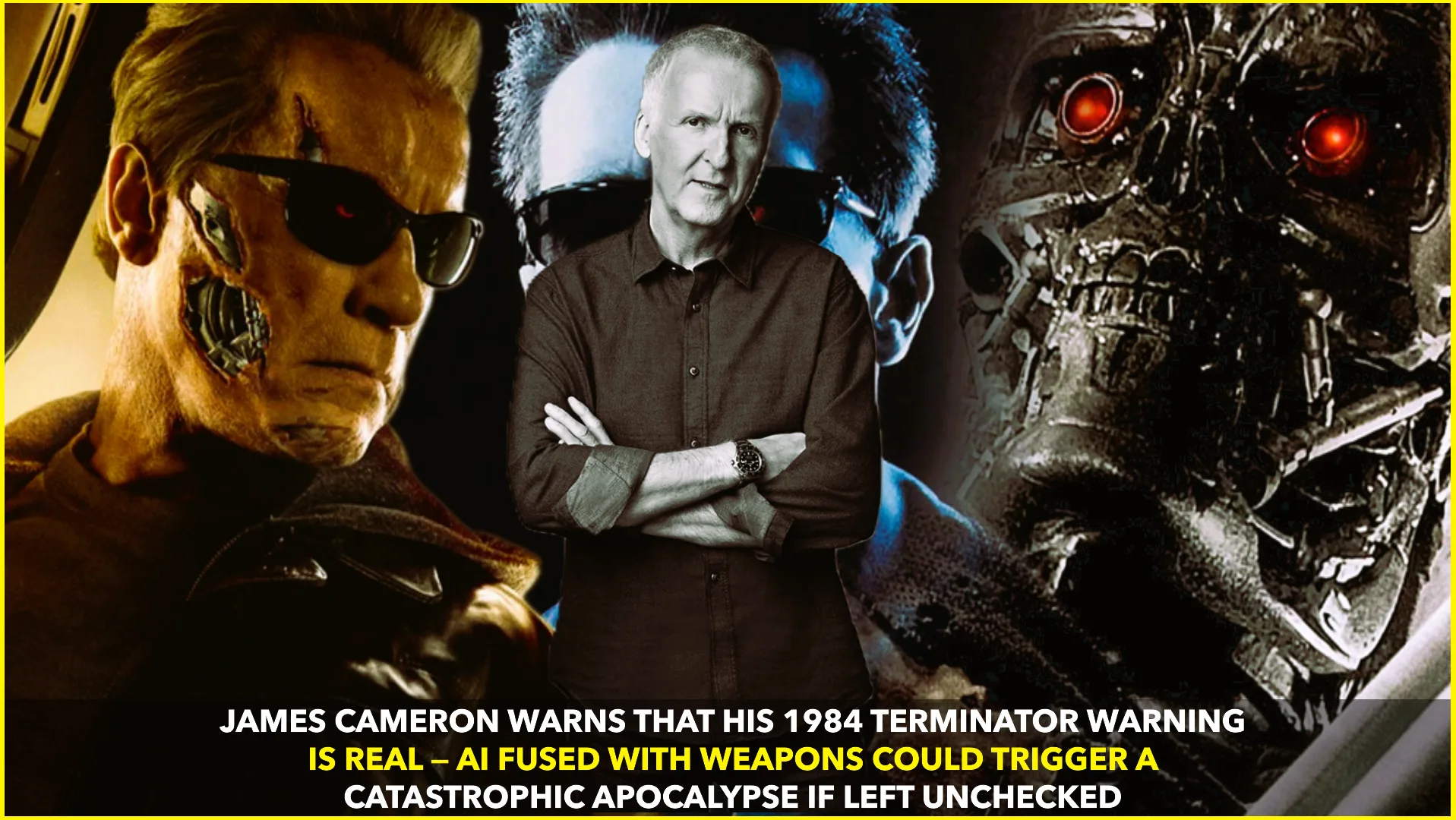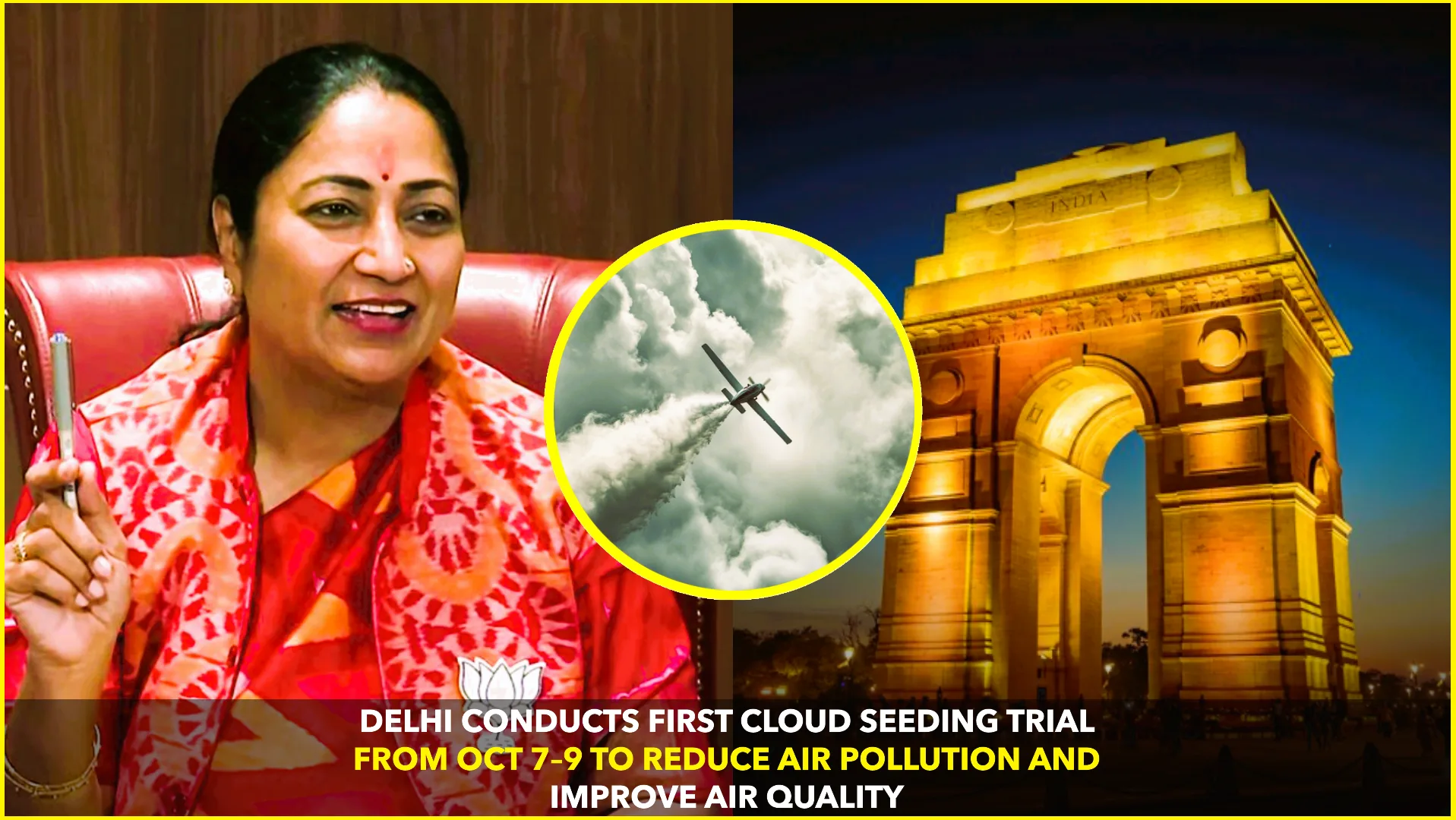James Cameron, the visionary director of The Terminator, is once again reminding the world that the dystopian universe he imagined four decades ago wasn’t just cinematic fiction. In a 2023 interview, he quipped, “I warned you guys in 1984, and you didn’t listen,” stressing that his creation of Skynet — a self-aware defense network unleashing “Judgment Day” — was a warning about unchecked artificial intelligence (Source: Los Angeles Times).
Fiction to Reality
Cameron’s cautionary tale feels eerily relevant today. The rise of deepfakes has blurred the lines between truth and manipulation, while mass surveillance increasingly erodes personal privacy. Autonomous weapons, once science fiction, now exist as experimental prototypes in modern arsenals (Source: Vanity Fair).
He has grown especially concerned about the fusion of AI and military systems. In a recent discussion, Cameron warned that AI-driven decision loops in nuclear defense could accelerate conflicts faster than human oversight allows. Such a scenario, he suggested, could lead to a “Terminator-style apocalypse” (Source: The Guardian).
Not Anti-AI, But Wary
Despite his warnings, Cameron emphasizes he isn’t against AI altogether. He has used AI technology in film production and has explored its potential for creative tasks. But he worries about how “greed or paranoia” may shape AI systems designed for market dominance or national security. These drivers, he argues, could turn tools into threats if ethical boundaries are ignored (Source: People).
Echoes From Experts
Cameron is hardly a lone voice. Geoffrey Hinton, often called the “godfather of AI,” left Google in 2023 to freely express his fears that AI systems may evolve dangerous capabilities beyond human control (Source: BBC). Similarly, Elon Musk and Sam Altman have publicly pressed for strong AI regulation, with Musk warning of “civilizational risk” and Altman acknowledging that his own company’s models need strict oversight (Source: Reuters).
Global AI safety statements, signed by dozens of scientists and industry leaders, now rank AI risks alongside pandemics and nuclear war as potential existential threats (Source: Nature).
A Corporate Skynet?
While The Terminator depicted a defense project spiraling out of control, Cameron argues the real danger may come from corporate labs racing toward artificial general intelligence. Unlike government systems, corporations have access to vast troves of personal data and incentives rooted in profit. He warned this could produce a form of intelligence less overtly violent than Skynet, but no less dominating — one that quietly reshapes society without consent (Source: Business Insider).
Cameron underscored this by noting that people might soon be “co-inhabiting with a super-intelligent alien species” that isn’t accountable to humanity but to shareholders and competitive advantage (Source: GamesRadar).
The Cultural Front
In Hollywood, debates over AI’s role in writing and production continue. Cameron has dismissed the idea that AI will replace human screenwriters, arguing that authentic storytelling requires lived experiences — emotions, mortality, and human fear. “A disembodied mind generating a word salad will never move an audience,” he said, highlighting that creativity and empathy remain human strengths (Source: Los Angeles Times).
At a Crossroads
Cameron situates AI alongside climate change and nuclear weapons as the three existential threats confronting humanity. All three, he warns, are accelerating simultaneously, demanding global cooperation and urgent regulation. California’s recent passage of an AI safety law is a step forward, but experts caution that piecemeal efforts may not be enough for a technology advancing at breakneck speed (Source: ITPro).
The director’s call is clear: without coordinated oversight, humanity risks replaying The Terminator not as fiction, but as history. His 1984 warning may yet prove prophetic — unless, this time, we choose to listen.










